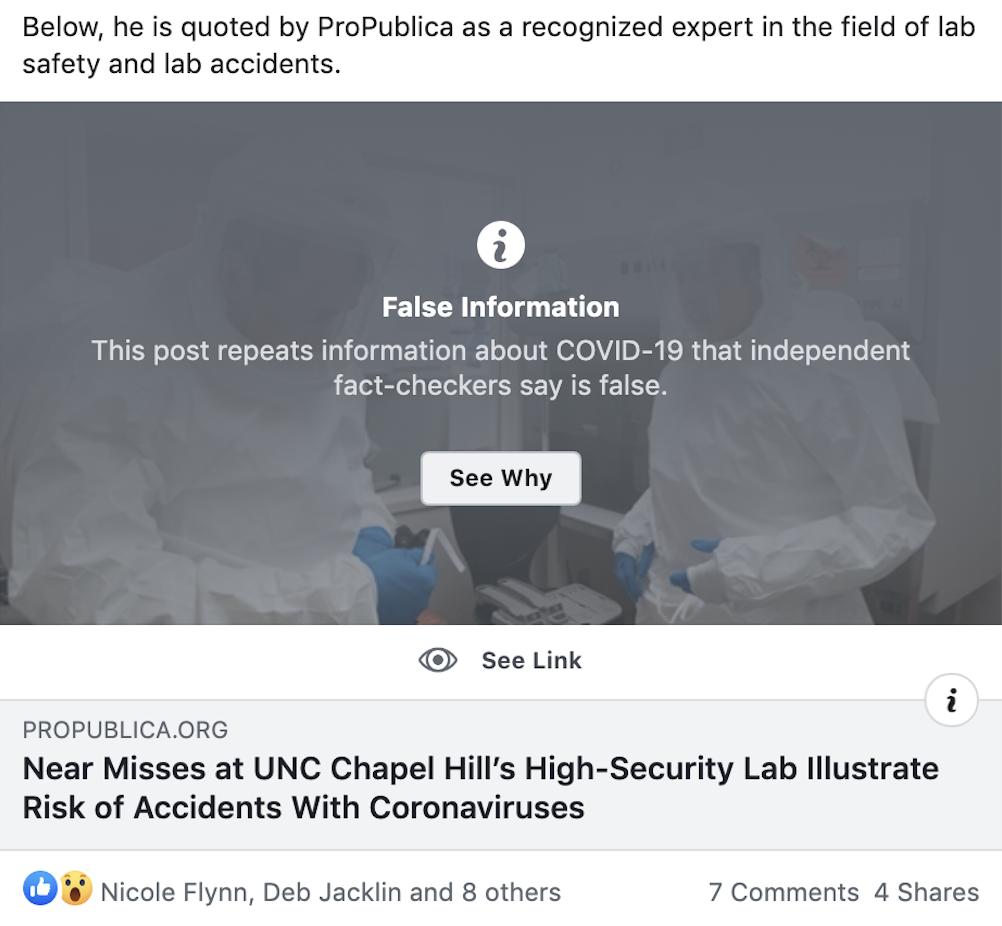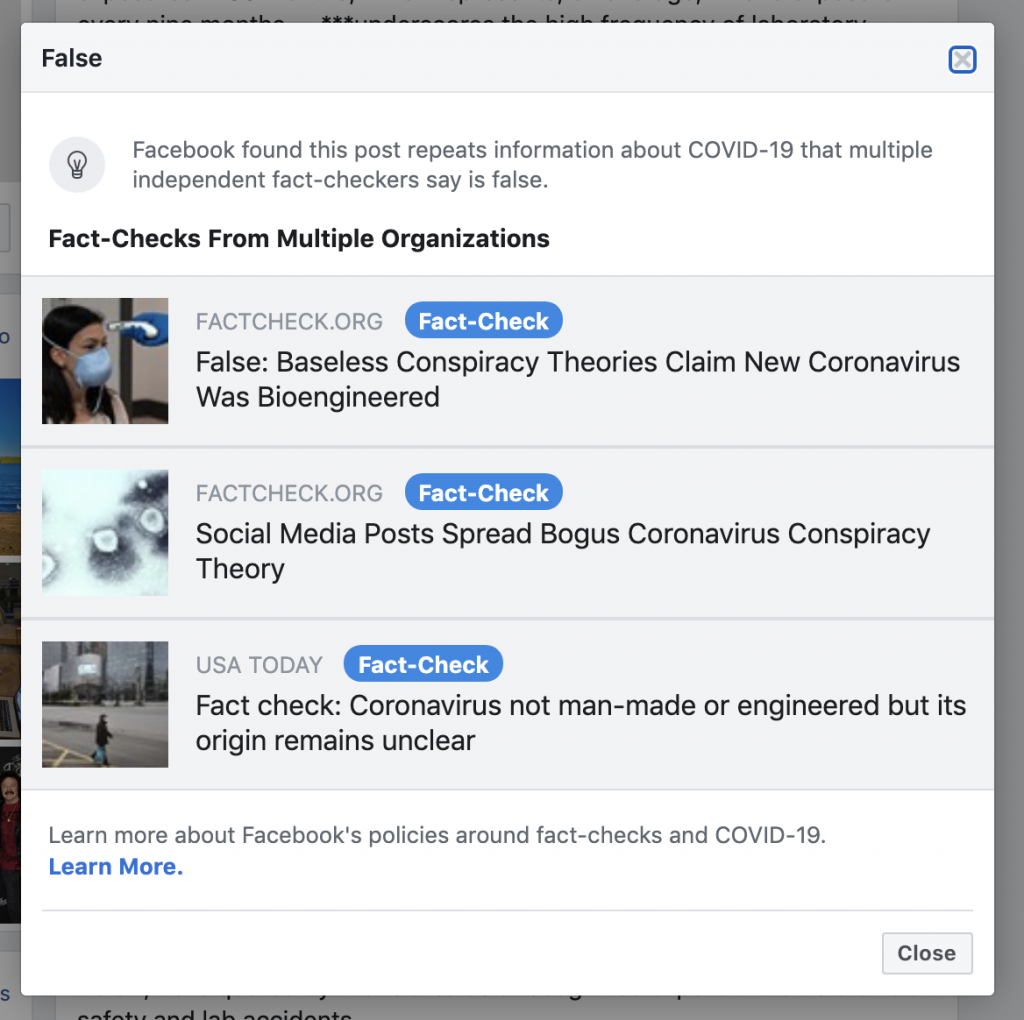
Astrology Public Radio in affiliation with the Pacifica Radio Network (which carries Democracy Now!). Planet Waves FM is a project of Chiron Return, a 501(c)(3) nonprofit corporation. We are 100% listener supported. Your contribution — large or small — helps make this program happen. We run on a little money and a lot of love. Thank you for your generosity; please send a friend and stay in touch! New program most Friday evenings.
ProPublica article highlights near miss accidents at high security lab; Prof. Richard Ebright makes statement to Covid19 News on Planet Waves | Added August 17
Today ProPublica published a report today documenting repeated problems at a high-security lab in North Carolia. The article quotes Dr. Richard Ebright, who is the go-to person on this issue. Dr. Ebright is a research molecular biologist and professor of bacteriology at Rutgers University. He has testified before Congress on lab safety issues. He said in an email that these comments are additional to those in the attached Aug. 17 ProPublica article

“The high frequency of breaches of biosafety breaches exposing laboratory workers to deadly and transmissible viruses in the UNC BSL-3 lab — six exposures in 56 months, which represents, on average, one exposure every nine months — underscores the high frequency of laboratory accidents in high-level biocontainment labs, and the need for biosafety standards for high-level biocontainment labs. (The fact that laboratory accidents exposing laboratory workers to deadly and often, as in this case, transmissible pathogens is something that is well known to workers in the field, but that is largely unknown to the public.)
“In the US, there are no mandatory standards–just voluntary guidelines–for biosafety for most deadly pathogens, including MERS-CoV and SARS-CoV-2. The absence of mandatory standards compromises safety of both laboratory personnel (who can be directly exposed and infected in laboratory accidents) and the public (which can be exposed and infected by infected laboratory personnel).
“Overseas, matters can be even worse, with no mandatory standards and often poor compliance with voluntary guidelines.

“In the wake of a pandemic that potentially may have originated as a laboratory accident at the Wuhan Institute of Virology or the Wuhan CDC, the high frequency of accidents, involving the same family of viruses, namely coronaviruses, at the UNC [University of North Carolina] BSL-3 facility underscores the possibility the pandemic originated as a laboratory accident is very real and that the possibility that a next, potentially even more catastrophic, pandemic could originate as a laboratory accident.
“It is crucial that mandatory standards for biosafety in high-level biocontainment laboratories be implemented and enforced, both in the the US and overseas. It also is crucial that a mandatory risk-benefit review be required for approval of high-level-biocontainment research–something that currently almost never occurs–to ensure that potential benefits to the public outweigh the very real risks to laboratory workers and the public.”‘



